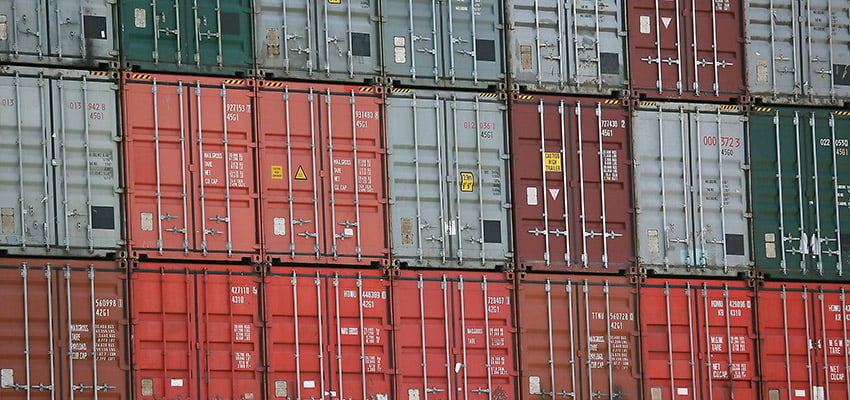FOURTEEN industry associations joined together to register their “deep concern” regarding the proposed biosecurity imports levy in the 2018 budget, due to be implemented in July.
Shipping Australia, Ports Australia, Freight & Trade Alliance, Australian Logistics Council and Cruise Lines International Association were among the associations that issued a joint statement.
In the statement, the associations said the proposed proposal was “deeply flawed” and fails to recognise the damage the levy would do to the competitiveness of the freight supply chain, key export industries and the cruise sector, as well as the higher costs for consumers.
“Industry welcomes the government’s recognition on the need for an industry steering committee to better inform government on improving the proposed Biosecurity levy scheme design,” the associations wrote in the statement.
“Whilst no announcement has been made regarding the membership of this committee or its terms of reference, it is essential that participants represent all industry groups who form part of Australia’s biosecurity and that this committee be given enough time to consider and present a workable proposal for the government’s consideration.”
The associations’ statement said that in order to ensure the committee has flexibility in developing a fair and equitable model, it is imperative that this biosecurity levy be removed from the 2019 budget to enable the work to be completed.
“The protection of our natural and agricultural assets is vital to this country from both an environmental and financial perspective,” the statement said.
“The industries represented in this statement are part of Australia’s biosecurity system and take their roles seriously. Which is why we believe in impactful and informed solutions to strengthening Australia’s biosecurity system.”
Industry’s main concerns with the process to date are:
- the rushed nature of a tax designed without fully understanding the potential for far-reaching economic consequences;
- additional and unnecessary costs – particularly to Australia’s tourism, manufacturing, agriculture, mining, energy and construction industries;
- flow-on costs to consumers;
- confusion as to why a new biosecurity tax is required over and above the Australian government’s biosecurity charges that are currently in place for sea-freight (extensively reviewed in 2015-16) and the passenger movement charge for the cruise sector;
- that a biosecurity risk assessment and regulation impact statement has not been undertaken by the Australian government to inform the development of the proposed biosecurity tax;
- a lack of clarity on how the Australian government would collect the proposed tax; and
- no guarantee that all revenue raised by the proposed new tax would be used to support Australian biosecurity measures.
“We urge the government to remove the proposed levy from the 2019 budget and provide a genuine opportunity to industry to help design a fair and equitable model that improves Australia’s biosecurity ability,” the associations wrote in the statement.
The industry bodies that issued this statement (in addition to those listed above) include: Ai Group, Australasian Rail Association, Australian Aluminium Council, Australian Chamber of Commerce and Industry, Cement Industry Federation, Fertilizer Australia, Gas Energy Australia, Manufacturing Australia, and Minerals Council of Australia.

